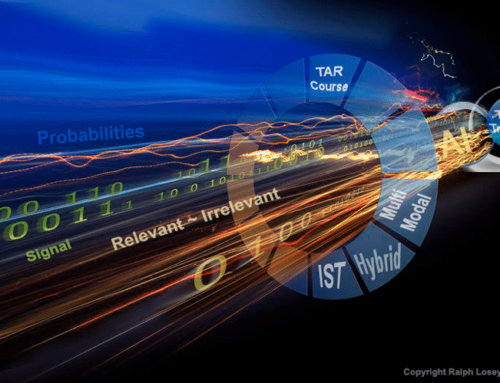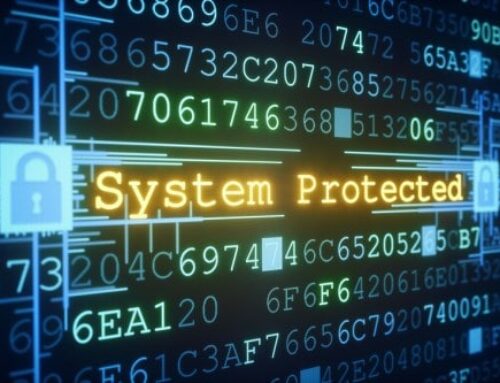Production of Privileged Information:
Several years ago, The Sedona Conference’s Commentary on the Protection of Privileged ESI stated that non-waiver orders issued under FRE 502(d) should not be used to force a responding party to make blanket productions that may include attorney-client privileged communications. Simply put, this is a way to protect the production of privileged information.
The case Winfield v. City of New York substantiated The Sedona Conference’s principle when it did not proceed with a “quick-peek” arrangement. This arrangement would have required the defendant to provide a production that included privileged documents. Winfield went against forever cases such as Fairholme Funds v. United States that held such order were permissible to expedite stalled litigation proceedings.
U.S. Equal Employment Opportunity Commission v. The George Washing University (EEOC) is another recent court case that rejected the misguided positions from cases like Fairholme. For the EEOC matter, the court analyzed if certain document requests the plaintiff served which included broad categories of email communications were inconsistent to the needs of the case. The plaintiff, in an effort to show that its requests were not overly burdensome, claimed the defendant’s linear privilege review procedure was too costly and that a more efficient approach could produce considerable cost savings. The Plaintiff proposed the court enter a 502(d) order which would force the defendant to make a blanket production of custodial emails without a privilege review.
The court rejected this proposal citing that 502(d) was never intended to coerce a responding party into producing privileged information. The court stated that implementing this type of order would “be an abuse of discretion.”
Winfield and the EEOC cases validates that courts and litigants should be wary of contrived 502(d) orders that do nothing to safeguard privilege, but result in forced disclosure of privileged information. These orders do not advance the reasoned objectives of 502(d) and may even result in the opposite – increased litigation costs, greater inefficiencies in discovery, and unjust outcomes.
For more Tidbits & Thoughts, please click here.






